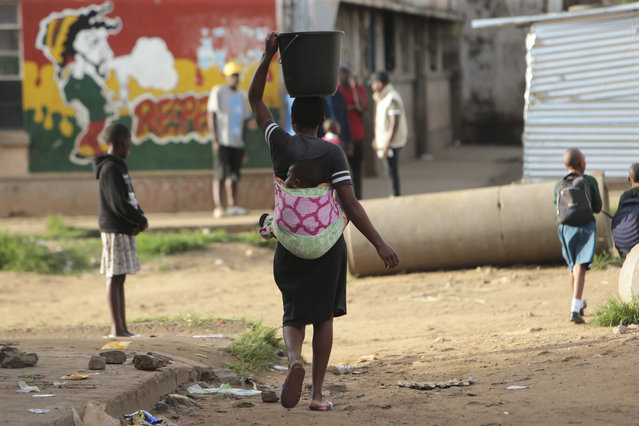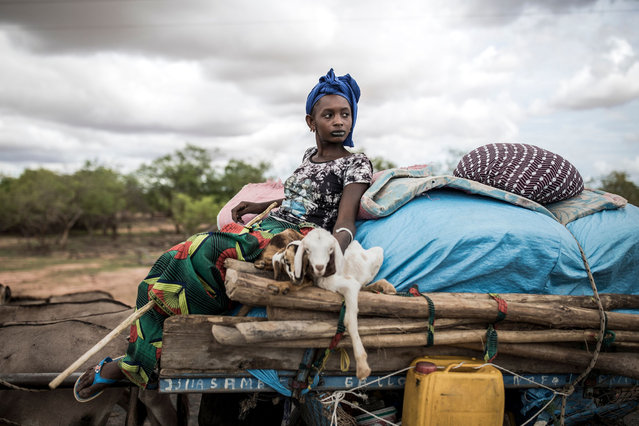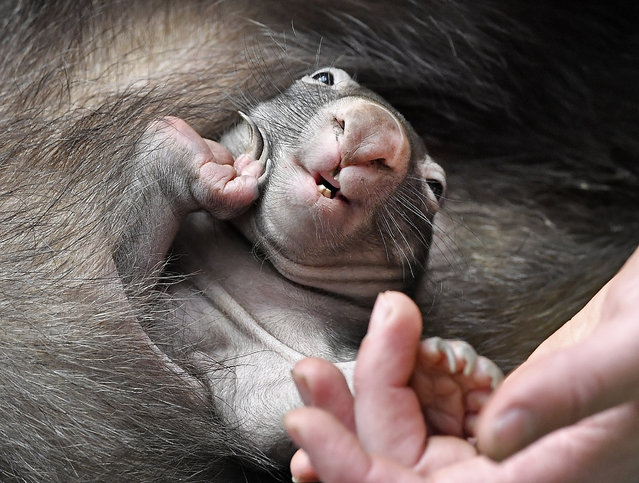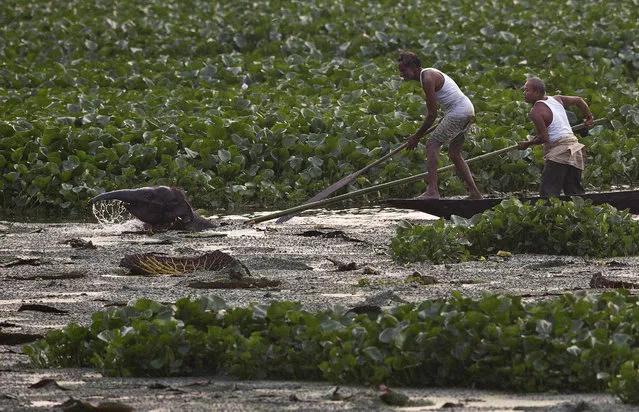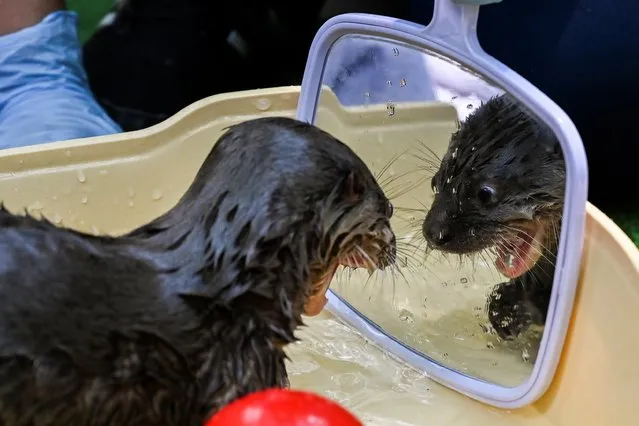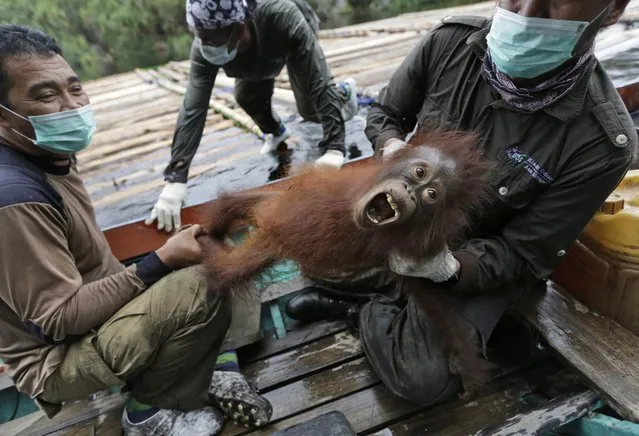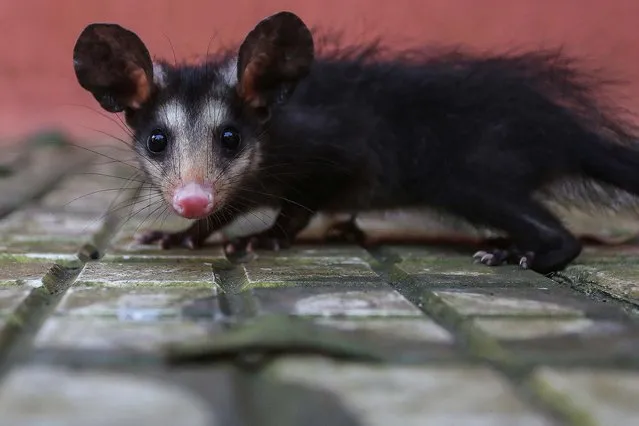
Participant rides a carousel at the women's-only Petrolettes motorcycle festival on July 21, 2018 in Milmersdorf, near Berlin in Germany. Around 300 bike women from across Europe come together for the third edition of the festival. Women connect their passion for high speed motorbikes with music, movies, races, yoga etc. Festival that goes for three days was initiated by a group of female motorbike riders called The Curves. (Photo by Maja Hitij/Getty Images)
27 Jul 2018 00:05:00,post received
0 comments

